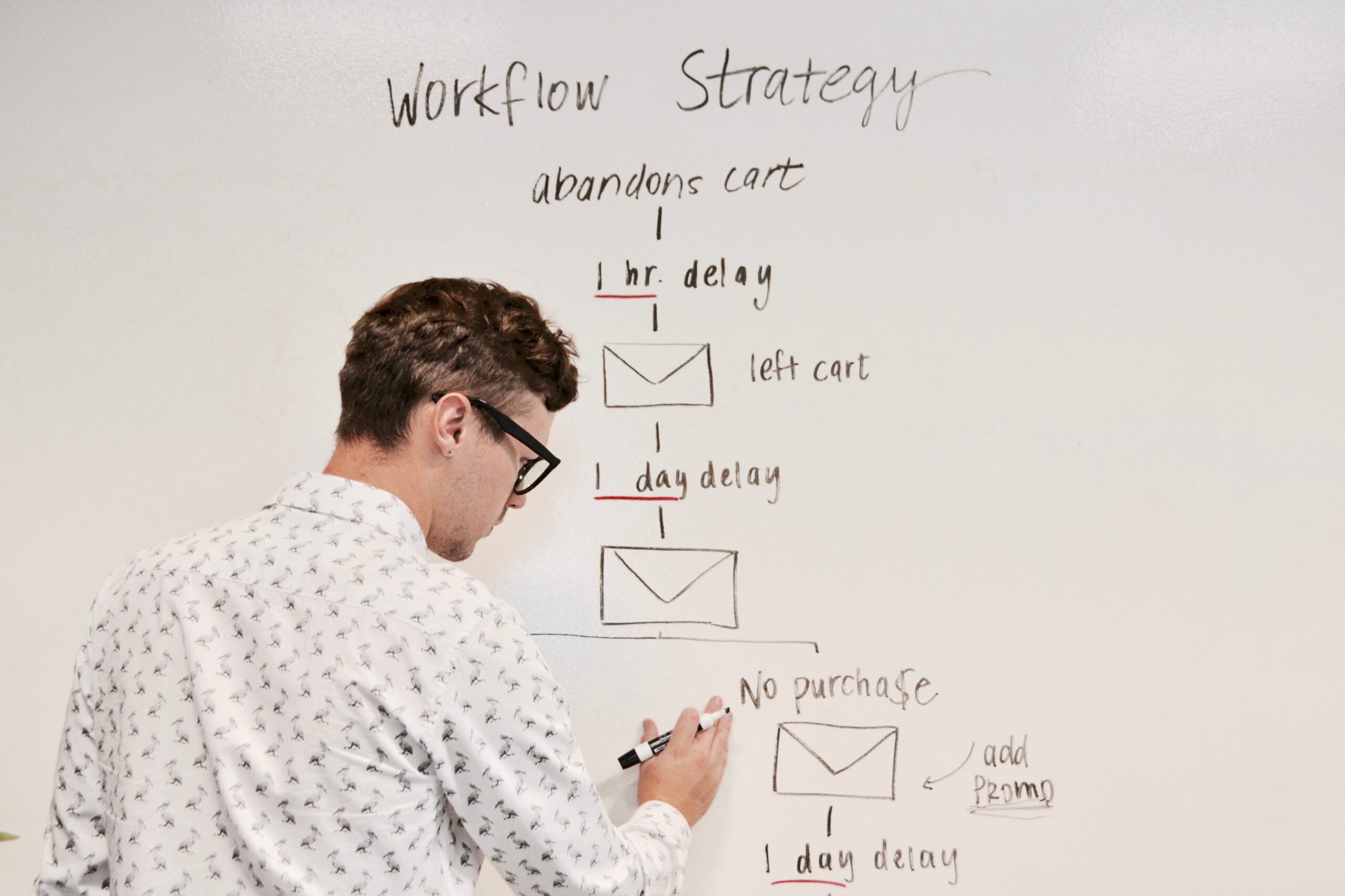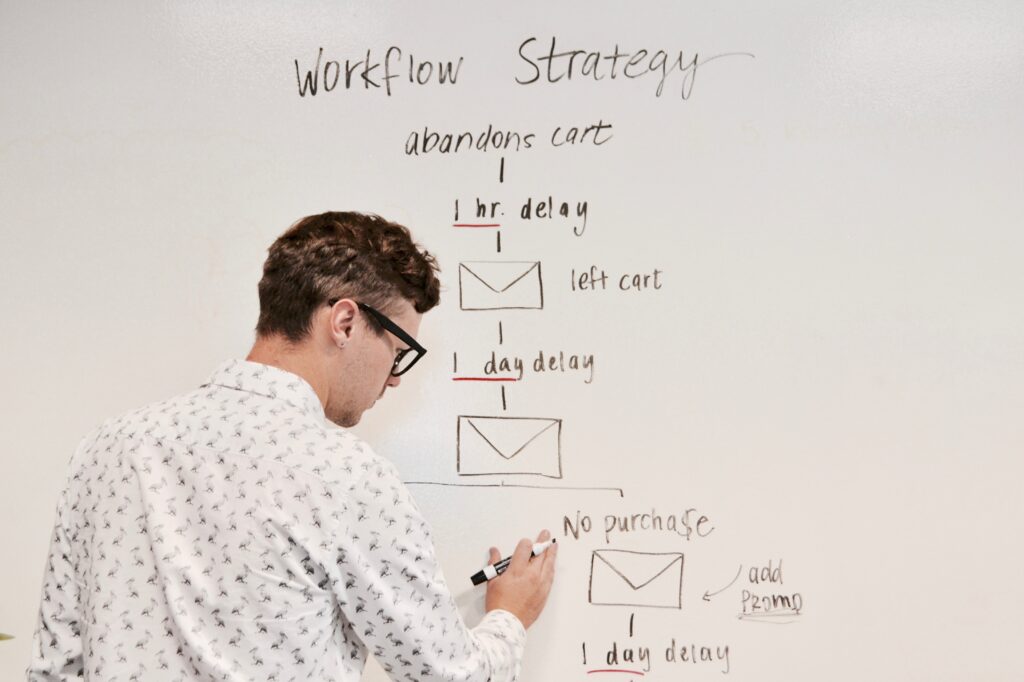
In today’s fast-paced business landscape, where every second counts, harnessing the power of automation has emerged as a game-changer in B2B marketing.
Automation isn’t just a trendy buzzword; it’s a strategic approach that can revolutionise how businesses connect with their target audience, nurture leads, and drive conversions.
Efficiency Redefined
B2B marketing often involves managing intricate processes, from lead generation to nurturing and closing deals. Manual execution of these tasks can be time-consuming and prone to errors. By automating routine tasks like email campaigns, lead scoring, and data management, businesses free up their teams to focus on high-value activities that demand creativity and critical thinking.
Imagine sending personalised follow-up emails to hundreds of leads at the click of a button, or quickly segmenting your audience based on their behaviour and preferences. Automation not only cuts down on repetitive tasks but also ensures consistency in messaging, leading to a more professional brand image.
Precision Personalisation
Automated tools enable marketers to deliver tailored experiences to individual prospects, enhancing engagement and forging deeper connections. Through data-driven insights, you can understand your leads’ pain points, preferences, and behaviours, allowing you to send messages that start conversations at the right time.
Automation platforms analyse user interactions and responses, helping you create a comprehensive profile of each lead. Armed with this information, you can send targeted content, recommend solutions that address specific needs, and guide prospects seamlessly through the sales funnel. This level of personalisation not only nurtures leads effectively but also positions your brand as one that truly understands its customers.
Seamless Lead Nurturing
Lead nurturing is the secret sauce behind B2B marketing success, and automation is the chef that perfects it. An automated lead nurturing campaign can deliver a series of timely, relevant messages that cater to a lead’s position in the buying journey. This strategic sequence of touchpoints keeps your brand at the forefront of prospects’ minds, educates them about your offerings, and ultimately increases the likelihood of conversions.
Automation allows you to score leads based on their engagement and readiness to purchase. By assigning scores to various actions like website visits, email opens, and content downloads, your sales team can prioritise their efforts and focus on the warmest leads. This alignment between marketing and sales ensures that the right leads receive the right attention at the right time, streamlining the conversion process.
Data-Driven Decision Making
Automation platforms generate a wealth of data about user interactions, engagement rates, and conversion metrics. This information offers a panoramic view of what’s working and what isn’t, enabling marketers to refine their strategies on the fly.
The ability to track and measure the performance of various campaigns empowers marketers to make informed decisions backed by evidence. If a particular email subject line garners a higher open rate, or a certain type of content drives more conversions, you can adjust your approach accordingly. This data-driven agility not only optimizes your current efforts but also serves as a blueprint for future endeavours.
Conclusion
By harnessing the power of automation, businesses can streamline their processes, personalise their interactions, nurture leads with finesse, and make data-driven decisions that steer them towards success.
Incorporating automation into your B2B marketing strategy isn’t a sign of surrendering control; it’s a strategic move that frees up your resources, refines your approach, and amplifies your impact. As the business world hurtles forward, those who harness the power of automation will find themselves not just keeping up, but thriving and outpacing the competition.
From the blog
The latest industry news, interviews, technologies, and resources.

Why Email Marketing Is Still The Best Lead Generator
In today's digital marketing landscape, it's easy to get swept away by the allure...

The Power of Automation in B2B Marketing: Elevating Success through Streamlined Strategies
In today's fast-paced business landscape, where every second counts, harnessing the power of automation...

Master the Art of the Short Email with the Smartphone Rule
In the fast-paced digital age, our attention spans have become shorter than ever. When...

Elevating Your Email Marketing: The Dynamic Impact of Well-Crafted Questions
In the realm of email marketing, where every word carries the weight of engagement...
